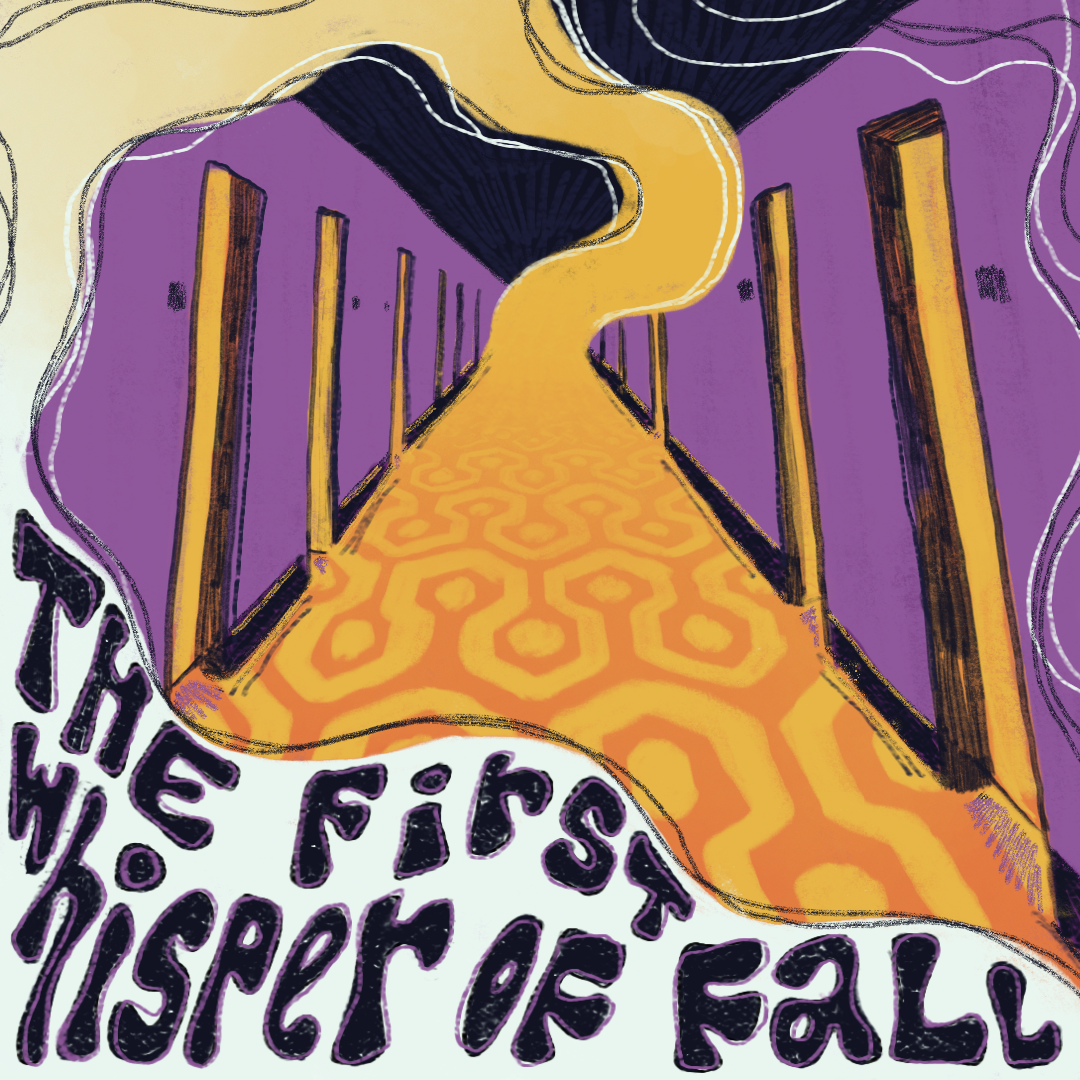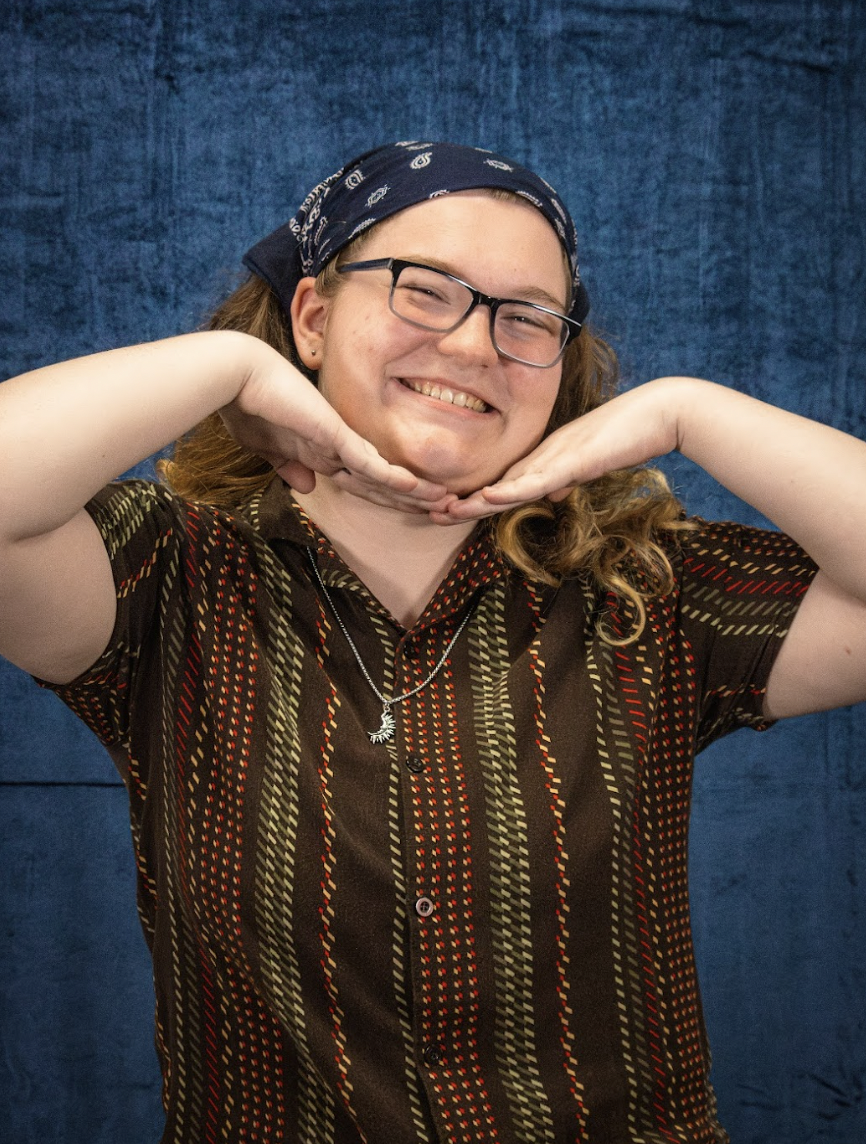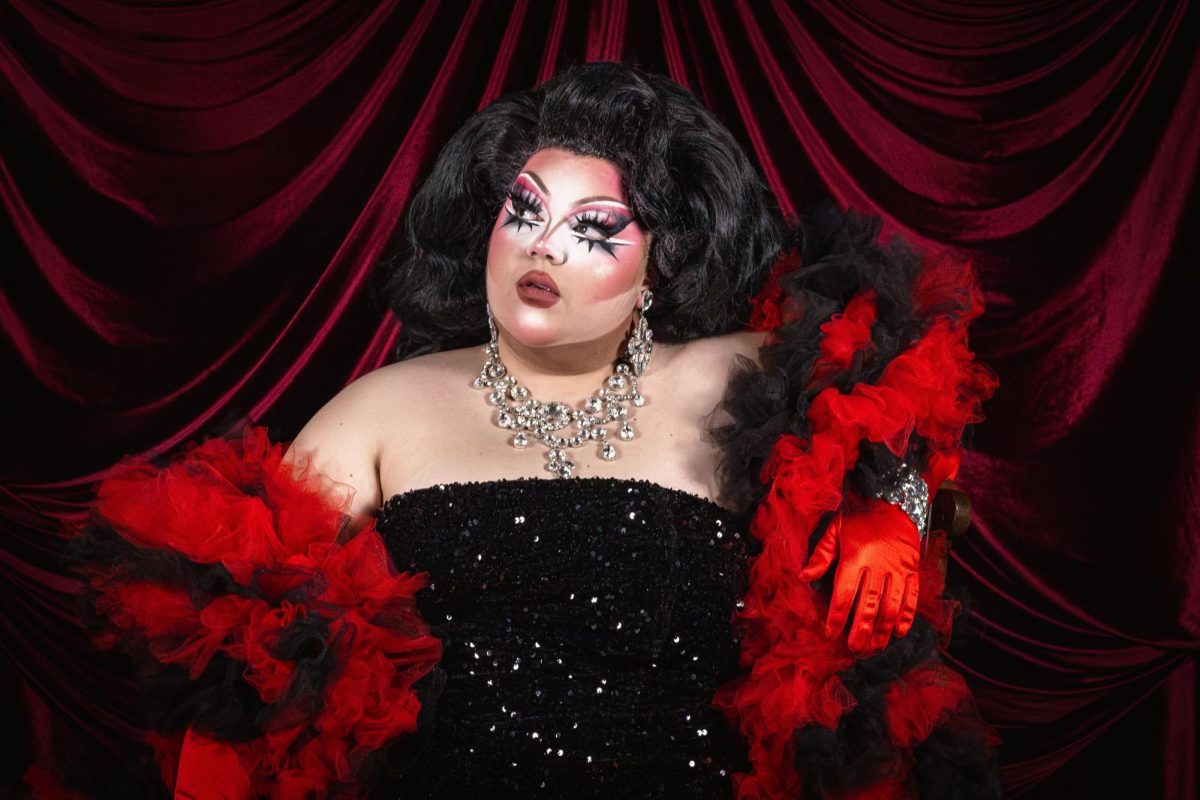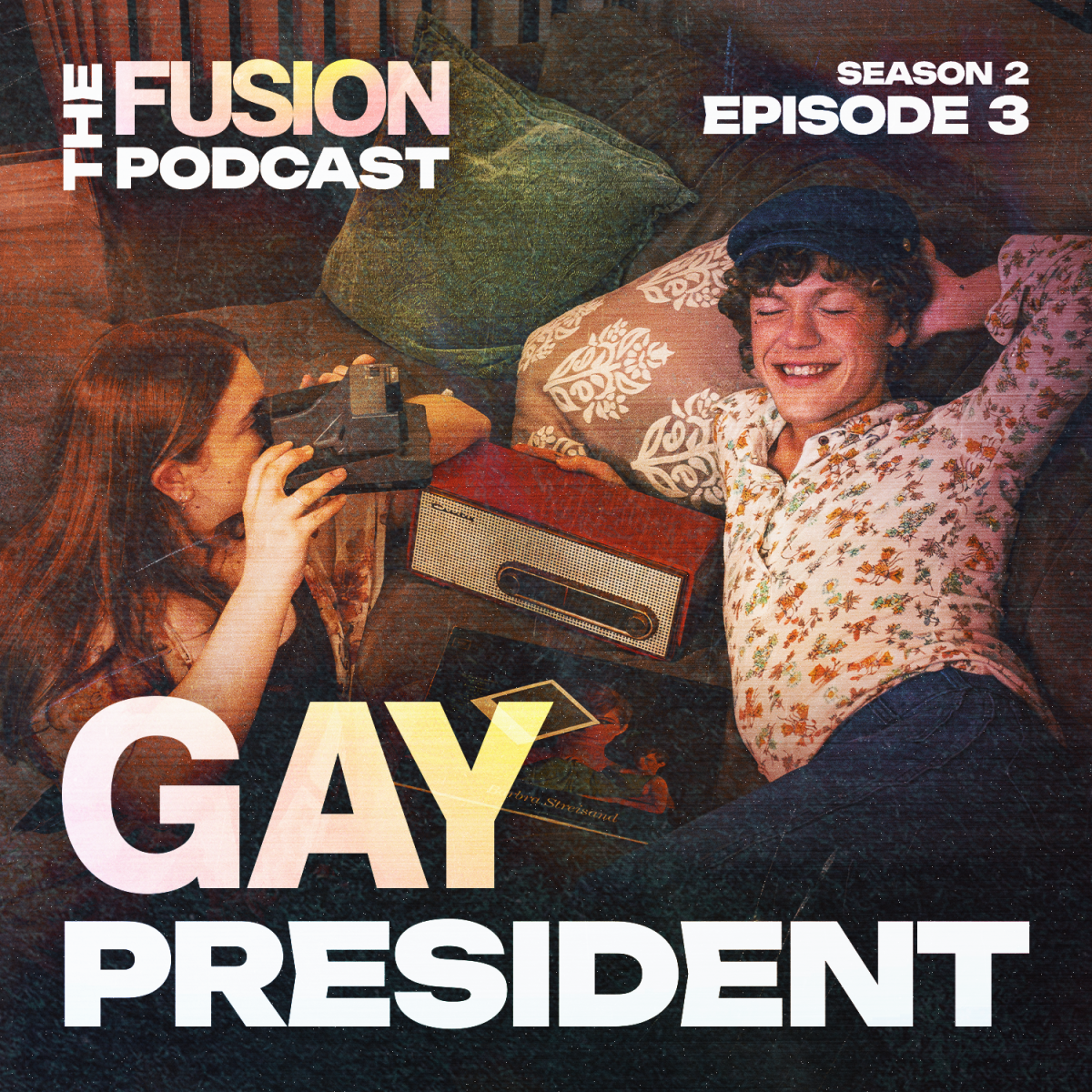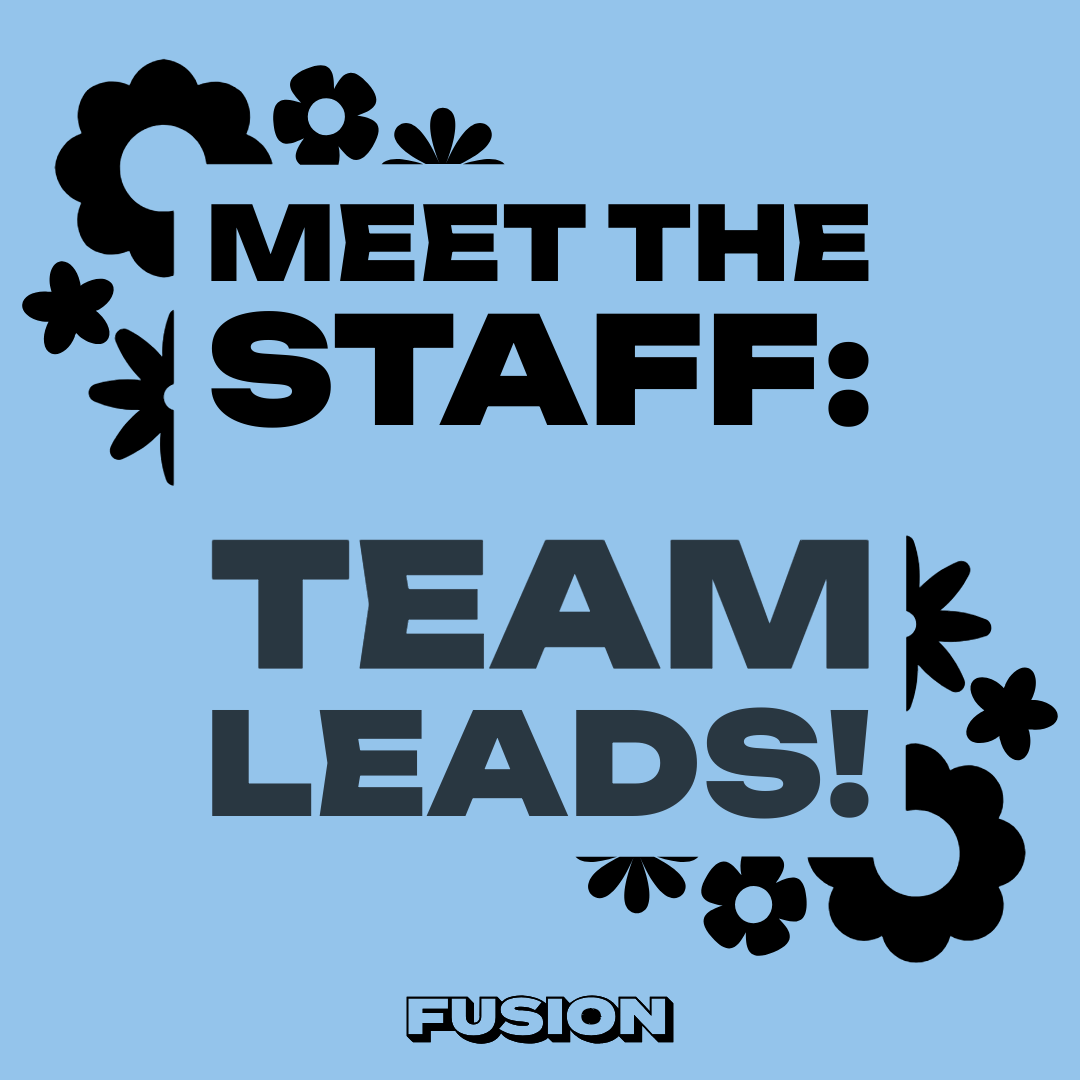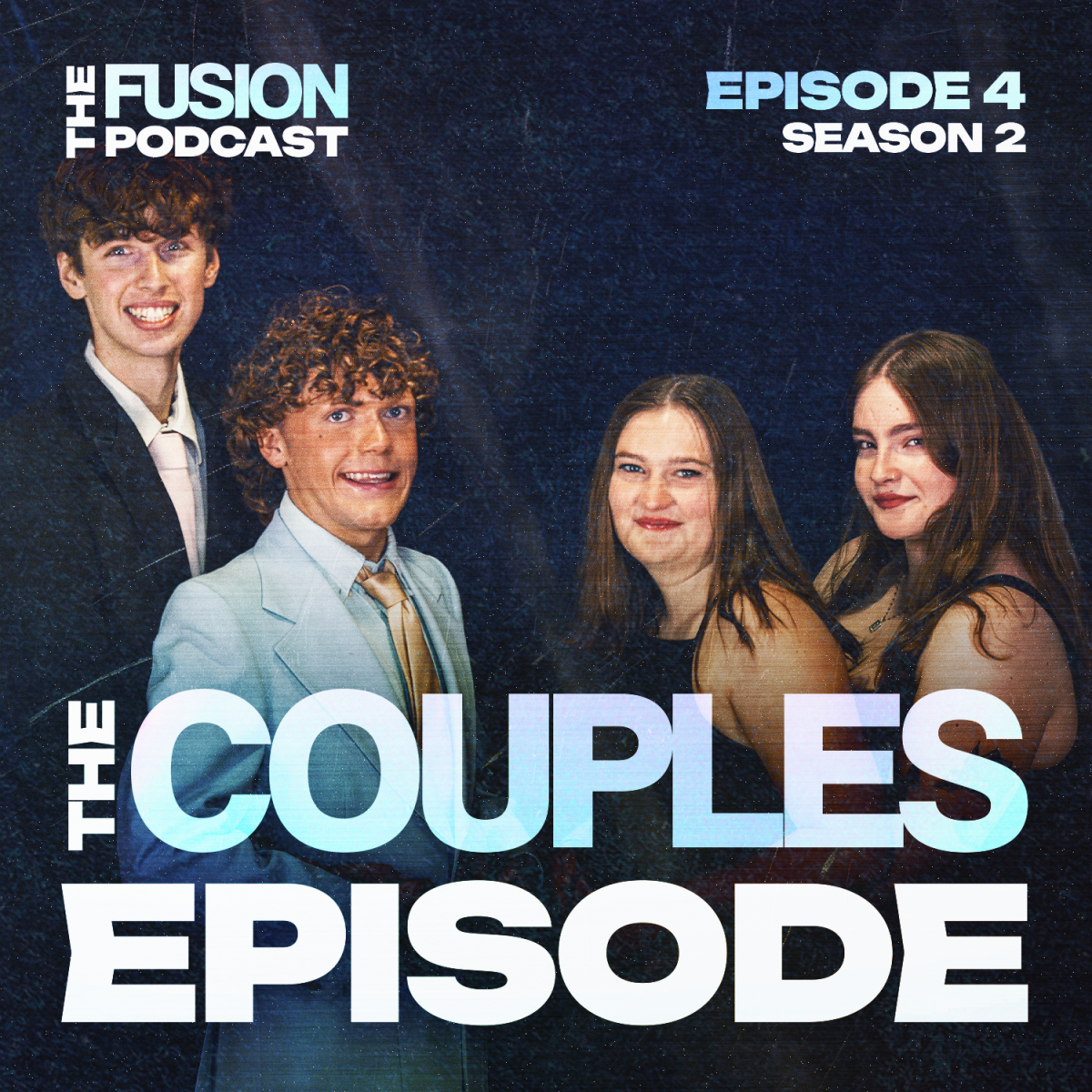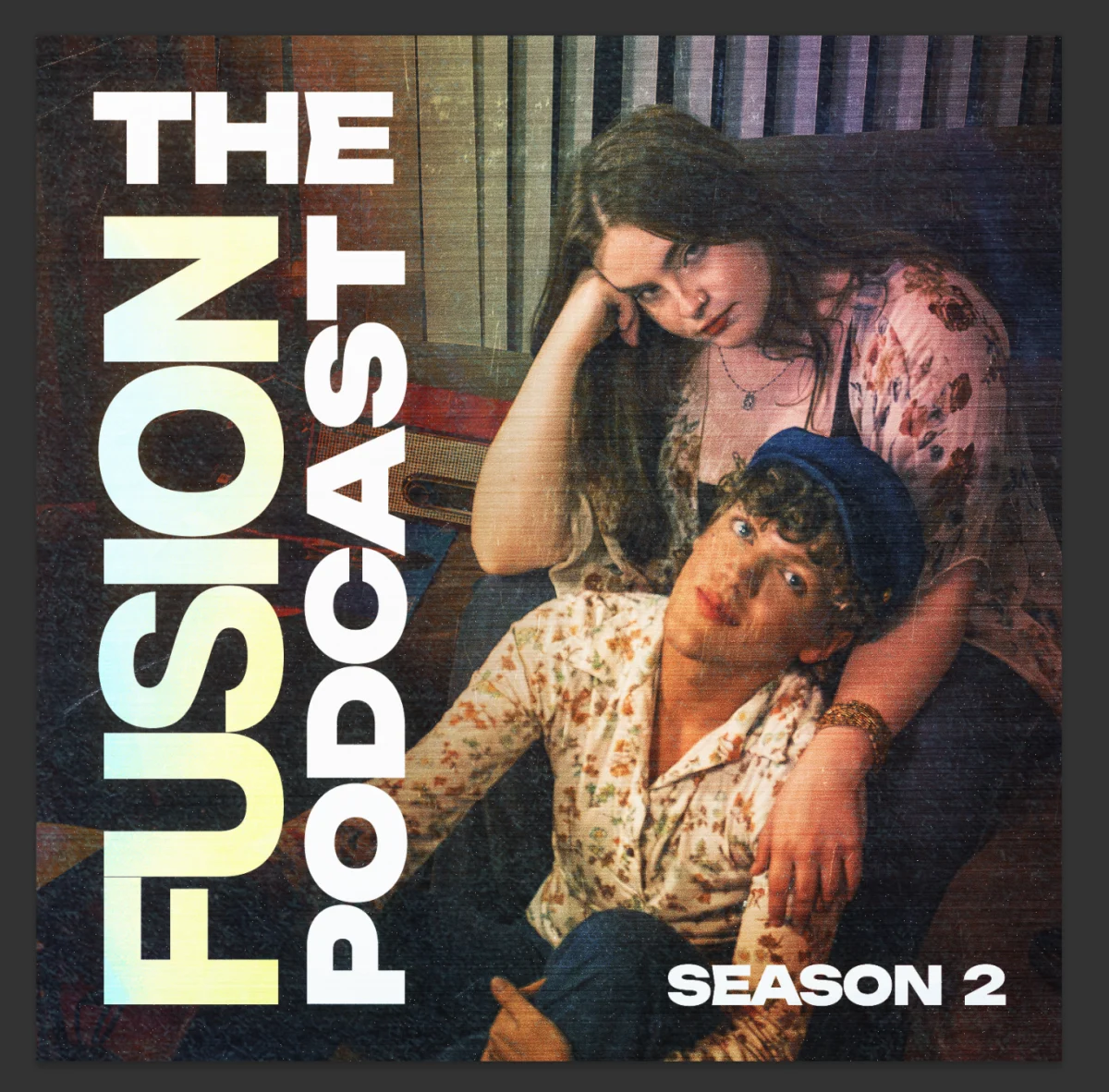Masc. Fem. Top. Bottom. Vers. Pitcher. Catcher …the list goes on.
We all know these words, and we’ve all certainly labeled ourselves with these words at one time or another. Straighties, if you don’t know what I’m talking about, check out urbandictionary.com or quickly get in touch with your gay best friend. Like, right now!
Nevertheless, why are we so obsessed with defining our relationships and sexual escapades by heterosexual standards? Have you ever stopped to think about just how socially conditioned we’ve become when it comes to sexuality? The top is stereotypically considered dominant and aggressive—the decision maker, which in turn makes him “the man” by society’s standards. The bottom is, well, considered the opposite. The versatile guy is revered with great respect—he can juggle both worlds, right? You see, we’re not only defining positions when we jump into the sack, we’re defining a whole set of predetermined gender roles.
 I think by defining another man as feminine, we’re figuratively ripping away his self-worth, not to mention quickly sending him back to the third grade during recess when all the boys noticed something “different” about the way he walked. Correct me if I’m wrong, but aren’t we all in the same boat when it comes to our dissimilarity from “normal” sexuality?
I think by defining another man as feminine, we’re figuratively ripping away his self-worth, not to mention quickly sending him back to the third grade during recess when all the boys noticed something “different” about the way he walked. Correct me if I’m wrong, but aren’t we all in the same boat when it comes to our dissimilarity from “normal” sexuality?
I stumbled upon a blog this week called “the gay love coach,” and a reader sent in his love problem saying that he loses all interest in continuing a relationship with a man when the man becomes “feminine” or “too needy.” He explained that he likes “the chase,” so when the man he’s with gives in and says I love you too soon (or even after months of dating) the guy becomes repulsed.
The author of the blog, or the coach, as he calls himself, responded very interestingly and straightforward—well, in this case, “gayforward.” (Good one, right?) He said that when we continually define a guy we’re with or chasing – or who’s chasing us – as masculine or feminine, it reveals a subconscious homophobia.
“Your phrasing of emotional attachment as ‘feminine’ gives off a shade of negativity,” the author at gay love coach says, “and something you may be unconsciously trying to distance yourself from…issues surrounding internalized homophobia and masculinity may be areas for you to explore. Embracing man-to-man love challenges every gay man to overcome any struggles they may have with homophobia and their meanings and roles they associate with their own maleness.”
What a slap in the face—I couldn’t have said it better myself! Remember in a previous post when I said it’s better to go f*ck yourself before f*cking anyone else? Well the same stands true with love. If you can’t love everything about your own sexuality, then how will you ever love another man struggling with the same problems?
I thought I’d get some student opinion on the issue, so I turned to my friend Will Riddle, a junior fashion design major here at Kent State. He says he always thinks it’s interesting that people label him without a cause.
“Everyone assumes I’ll be ‘fem’ or a bottom because of my interest in fashion,” Will says, “but they’d probably

never believe I’m from a farm and I grew up helping my dad rebuild motorcycles.”
I asked: So do you believe people label based on stereotypes?
Will: “I do. Because I’m a thinner built guy I think everyone expects me to open my ass like a twink on BelAmi and search for an old man to aid my daddy issues.”
I thought you’d enjoy Will’s delicate wording as I always do.
Me: “Do you think having labels like masc., fem., top, bottom and verse are ultimately destructive?”
Will: “They’re like any other stereotype. It can keep someone from walking up and talking to you, to possibly missing something great all because you’re categorized in your own ‘type’ or label.”
No offense to the heteros reading this (I love you, too!), but I think we have to stop comparing our relational success or partner roles to that of heterosexuals. It will only perpetuate the existing homophobia in mainstream society if we feel we have to assimilate to “the norm.” If anything, it’s a fantastic opportunity to redefine how we should give and receive love.
We’re not called queer for no good reason. I’d rather be different anyway than a person continuously trying to meet society’s status quo.
Have a thought? Start or join the conversation in the comments section!

